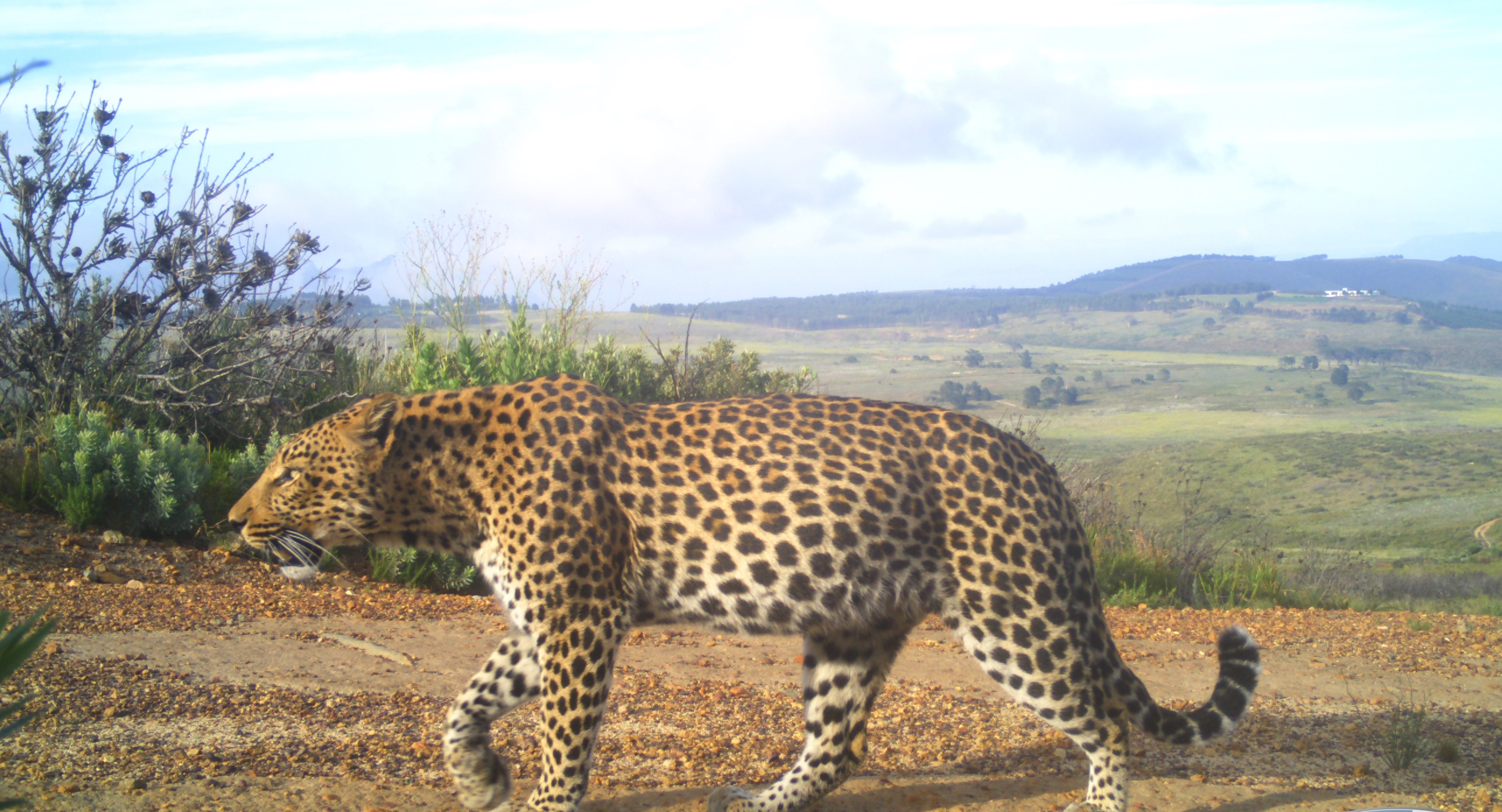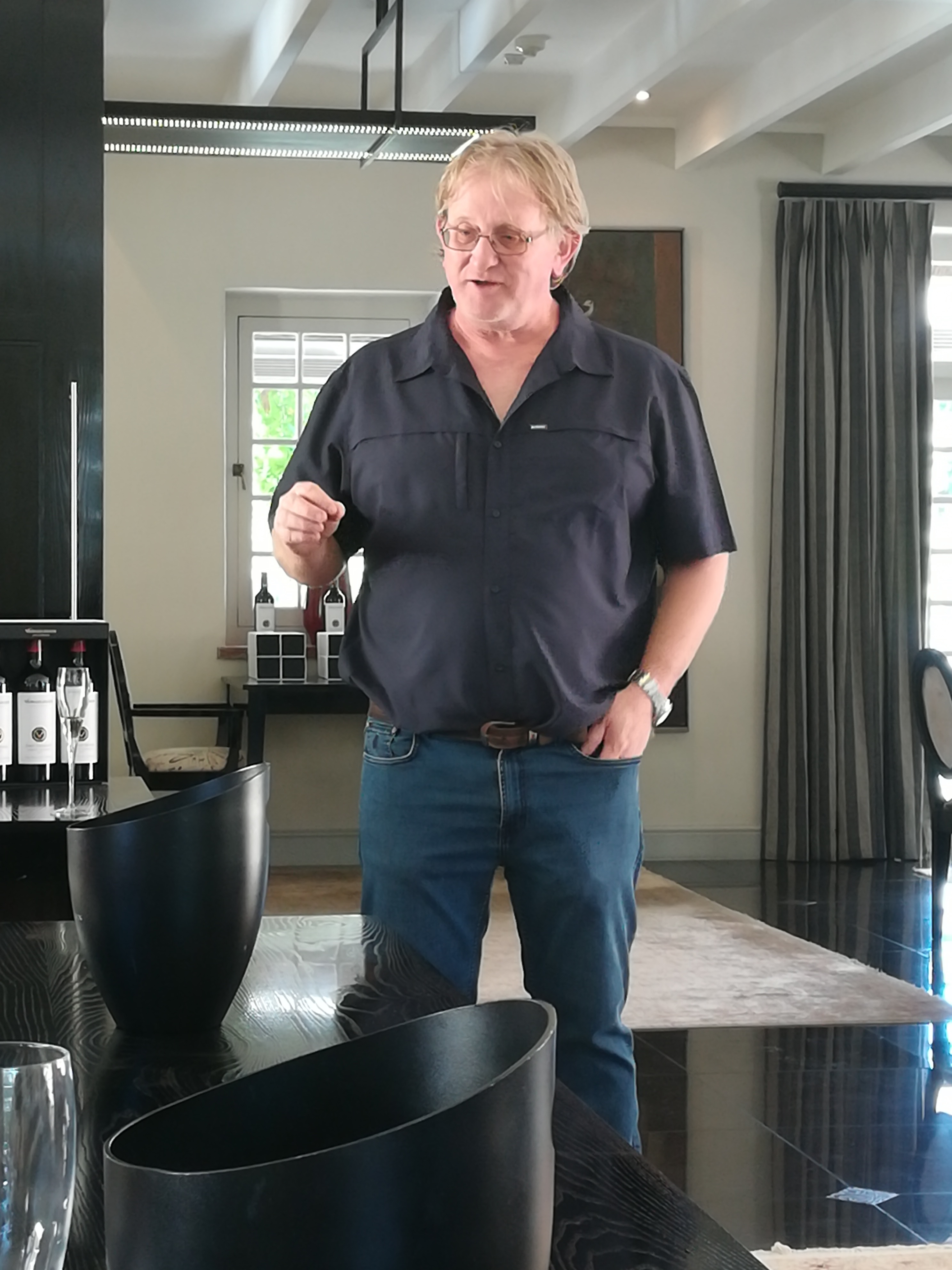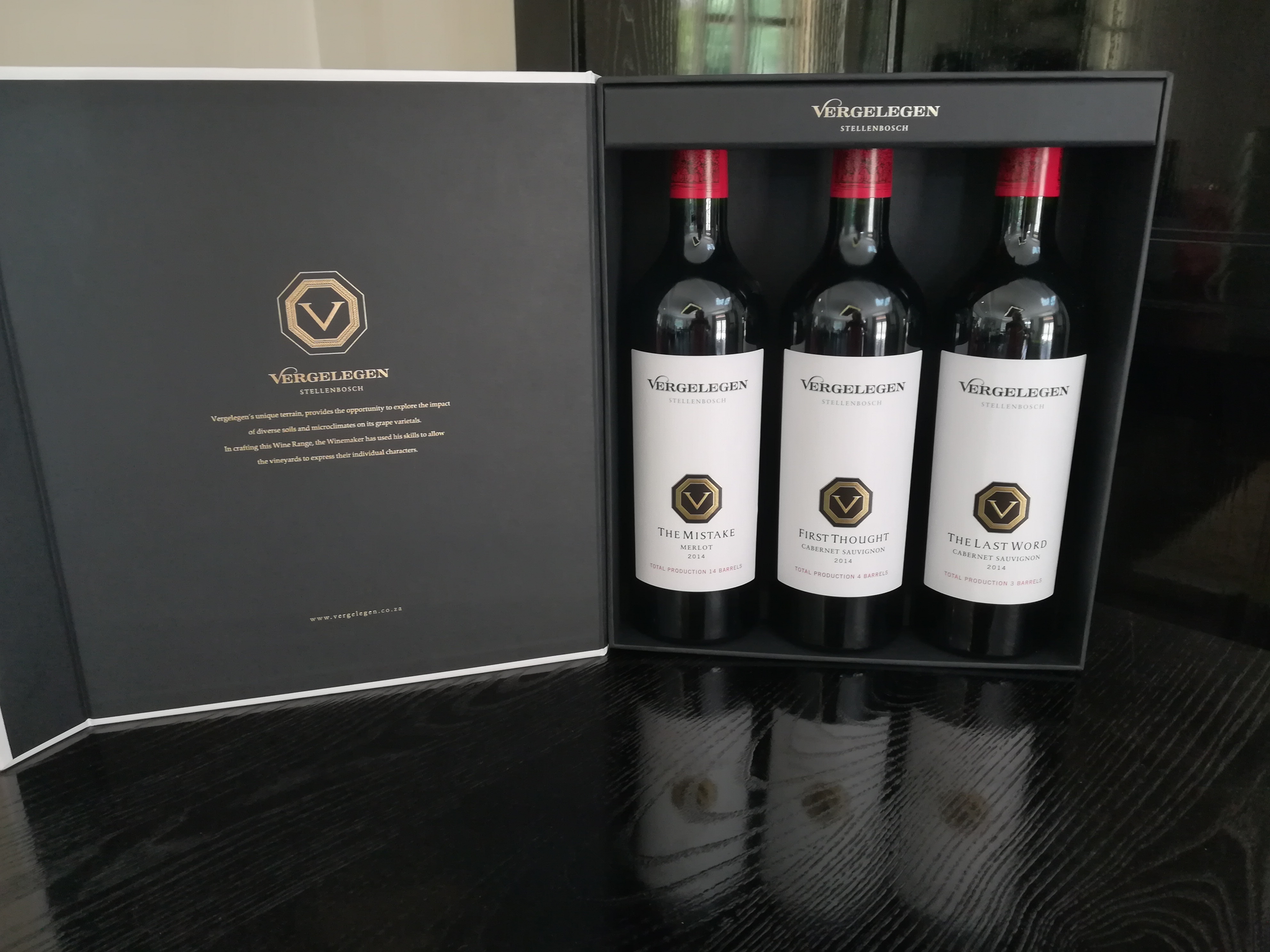Vergelegen re-visited
The land extending over Schaapenberg and up the slopes of the Hottentots Holland, with the peaks of the Helderberg framing it on the other side, has always been beautiful - even before Governor, Willem Adriaan van der Stel was granted Vergelegen in 1700. Then covering an impressive 30 000 hectares, today, it is ‘just’ 3000 ha, 120 ha of which are devoted to vineyards.
Down the years, Vergelegen has had many owners; since 1987, Anglo American has been entrusted to its well-being. In the ensuing 32 years, many beneficial changes to both vineyards and the farm generally have been undertaken.
Introduced in 2004, the Biodiversity and Wine Initiative was a collaboration between the wine industry and conservationists, the idea being to protect critically endangered habitats from encroaching vineyards but with a ‘win-win’ situation for both. Vergelegen became the first BWI Champion in 2005. Although the farm’s ecological rehabilitation had started after a fire in 1997, a 10-year plan to clear 2200 hectares of alien vegetation and rehabilitate the indigenous vegetation was approved by the Anglo board, with such demanding task starting in 2004. The project generated jobs for over 200 previously unemployed and unskilled people. ‘By the time it was completed, these people were trained and had skills that made them fully employable,’ explains Don Tooth, Vergelegen’s MD.

Subsequently, bird- and animal-life increased dramatically , as did the number of indigenous plant species. Regular photos of Cape Mountain Leopard wandering the slopes and captured on camera traps attract an enthusiastic following. There’s also been a spin-off for the vineyards.
When current winemaker, Andre van Rensburg joined Vergelegen in 1998, leafroll virus was evident throughout the vines; in reds especially, this affects both quality and quantity. After detailed soil analysis, a complete replanting programme was undertaken with an annual screening to check for virus; this has resulted in now 12-15 year old, clean vineyards. Among the insects which returned in abundance are ladybirds, a natural predator of mealy bugs, which spread the virus. Their presence also allowed van Rensburg to cut down on the use of insecticides. Another environmental plus.

The benefit of these virus-free and maturing vines can now be appreciated in the wines. The new, 2014 single vineyard releases launch the collaboration between van Rensburg and internationally-renowned consultant, Michel Rolland. Van Rensburg justifies his choice, saying; ‘As an outsider, he can see benefits of a vineyard when a winemaker can’t.’ That is apart from the impressive blending skills Rolland offers.
The van Rensburg-Rolland partnership has produced The Mistake Merlot, The First Thought Cabernet Sauvignon and The Last Word Cabernet Sauvignon. Explaining the names, van Rensburg clarifies that a language problem led to the Merlot’s name, while Cabernet is inextricably associated with Vergelegen from start to finish.

Completing the circle, 2200 hectares of the cleared land has recently been declared a private game reserve; incorporation into the Title Deeds ensures that no development may ever take place on this land.
Here is a holistic good news story, one that benefits the environment, previously unemployed, unskilled people, vineyards and wine.
- Angela Lloyd